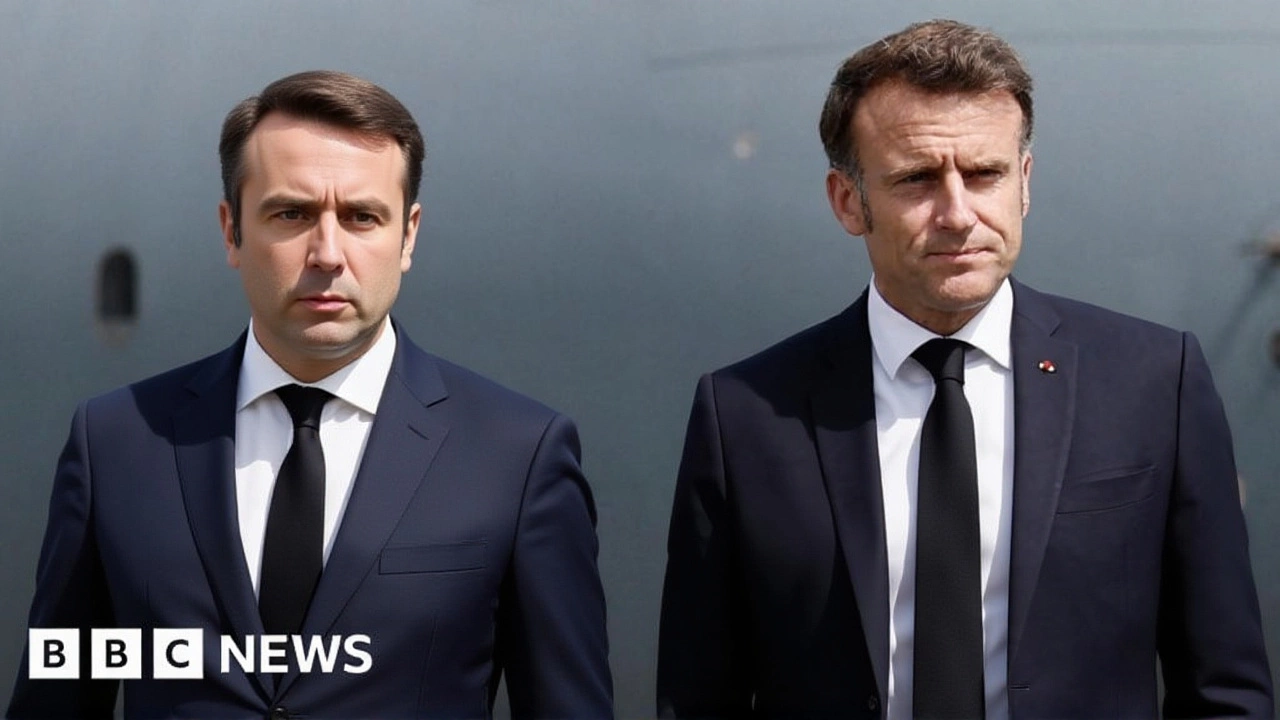Emmanuel Macron – Overview
When talking about Emmanuel Macron, the current President of France who came from a civil‑service and banking background. Also known as President Macron, he won the 2017 election on a platform promising economic modernization and a stronger European stance. His presidency marked a break from traditional party lines, creating a new centrist movement that reshaped French politics, the landscape of parties, voter alignments, and policy debates in France. By positioning himself as a reformist, Macron has pushed for labor law changes, tax adjustments, and a push toward digital innovation, all aimed at boosting growth. At the same time, his style of direct communication and frequent town‑hall meetings has altered how French leaders engage with the public, making transparency a key expectation.
Key Areas of Influence
Macron’s agenda cannot be understood without looking at his relationship with the European Union, the political and economic union of 27 European countries. He champions deeper integration, from defense cooperation to a common fiscal policy, arguing that a united Europe can better compete globally. This stance has led to both praise and pushback from member states that fear loss of sovereignty. Domestically, his policies directly affect the French economy, the mix of industries, services, and trade that drive France’s GDP. Initiatives like the “Plan d'Investissement” aim to channel billions into green energy, high‑tech startups, and infrastructure upgrades, hoping to create jobs and reduce unemployment. Critics point out that some reforms have widened social divides, especially in regions that feel left behind by rapid change. Beyond the EU and economy, Macron also pushes political reforms such as redefining the role of the Senate and simplifying the legislative process, which he believes will make government more efficient. These moves illustrate how his vision ties together governance, economic competitiveness, and France’s place on the world stage.
Understanding Macron’s approach gives you a clearer picture of why recent debates in France focus on reforms, European solidarity, and economic resilience. Below you’ll find a curated collection of articles that dive into his policies, the reactions they’ve sparked, and how they shape everyday life in France and beyond. Let’s explore the details together and see how each piece adds to the bigger story.

Macron’s Ally Lecornu Resigns After Record‑Short 26‑Day Premiership
Emmanuel Macron named Sébastien Lecornu prime minister on Sep 9, 2025, but the 39‑year‑old resigned after 26 days, marking a record‑short tenure and underscoring France's political turbulence.
View More